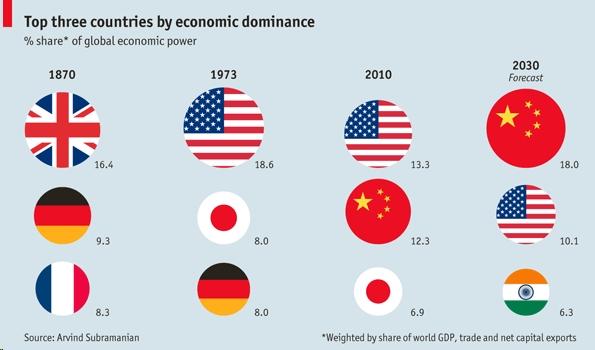As the human populations of our small planet exceeds 7 billion on its way potentially to 9 million or 10 billion by the mid-21st Century, migrations of millions are becoming common place -- some out of desperation, others out of seeking opportunity and a better life. According to a large percentage of climatologists and other scientists that are studying global change, the social ecologies of many large cities will become non-viable for their human populations and many other species due to climate change, the drying up of water supplies, the lose of food sources, natural disasters, wars, and other factors. In other cases, new cities of opportunity or attractive culture will draws those seeking a better life and way of being.
Tens of millions, and perhaps hundreds of millions will be forced to leave their homes in search of more viable communities. Millions more will create new communities with intentionality, exploring new economic, social, and political models that improve health, human security, resilience and sustainability for the new citizens. In some cases, simple shared principles will shape new, fast growing economies, and, in other cases, rules and conditions will be imposed on inhabitants of new communities and cities.





Recent Comments